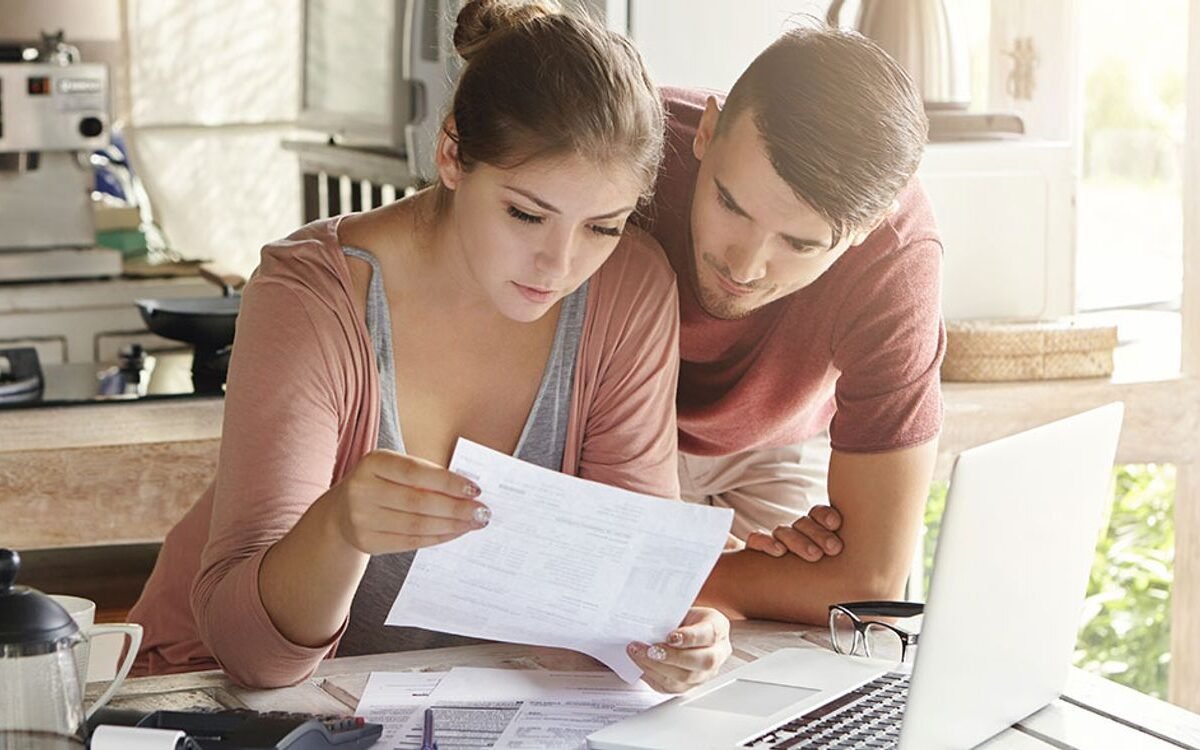Do I always have to pay tax on my income?
Tax-free allowances reduce the amount of tax you have to pay on income you receive.
There are two types:
- Allowances – allow you to earn a certain amount of money before paying tax
- Tax relief – allows you to make a claim to reduce your overall tax bill
In this guide, we explain the main tax-free allowances – from the £12,570 personal allowance to the £500 dividend allowance if you hold shares or funds.
Personal allowance
Most people are allowed to receive a certain amount of income tax-free. This is known as the basic personal allowance.
In 2025-26, the basic personal allowance is £12,570, the same as it was in 2024-25. The personal allowance is the same for everyone in the UK, but it is reduced if you earn more than £100,000.
If your salary is above £100,000, your basic personal allowance is reduced by £1 for every £2 you earn over the £100,000 limit. This means that if you earn £125,140 or more in 2025-26, you’ll receive no personal allowance and all your income is taxed – although there are ways to reduce the impact of this by paying more into a pension.
Marriage allowance or married couple’s allowance
The marriage allowance and married couple’s allowance are tax perks available if you are married or in a civil partnership.
Married couple’s allowance (MCA) is available where one or both spouses were born before 6 April 1935. It works by reducing the tax bill of one spouse by 10% of the allowance they’re entitled to.
Marriage allowance is available where one or both spouses were born after 5 April 1935. It allows one partner who earns below the personal allowance of £12,570, to donate 10% of it to their partner – who must be a basic-rate taxpayer. The higher-earning spouse receives a tax credit, which reduces the amount of income tax they pay.
You can find out more in our guide marriage allowance and married couple’s allowance explained.
Blind person’s allowance
If you’re blind or have severely impaired sight, your personal tax allowance is increased. If you and your spouse or civil partner are both eligible, you’ll each get an allowance.
In 2025-26, the additional allowance is £3,130 – bringing your total personal tax allowance to £15,700. This is up from an additional allowance of £3,070 in 2024-25.
If you earn less than this threshold, you can transfer any unused blind person’s allowance to your spouse or civil partner – this works in the same way as the marriage allowance.
In England and Wales
If you live in England or Wales, you will need to be certified as blind and appear on a local authority register of blind people to claim this allowance.
In Scotland and Northern Ireland
You can claim Blind Person’s Allowance if both of the following apply:
- You cannot do work for which eyesight is essential
- You have a certificate that says you’re blind or severely sight impaired (or a similar document from your doctor)
Personal savings allowance
You’re allowed to generate a certain amount of income from the interest on your savings each year.
- Basic-rate taxpayers (20%) can earn up to £1,000 in savings interest for 2025-26.
- Higher-rate taxpayers (40%) can earn up to £500 in savings interest for 2025-26.
- Additional-rate taxpayers (45%) do not receive a personal savings allowance.
- Non taxpayers – that is people who receive less than £12,570 in income – can receive as much as £18,570 in interest-free savings.
Find out more about tax on your savings.
Dividend allowance
For 2025-26, the first £500 you receive in dividends from investments is tax-free (known as your dividend allowance).
- Find out more about dividend tax and allowances – how money you earn from shares is taxed.
Trading and property allowances
If you earn money from trading activities – such as selling items on eBay or offering a small freelance service – you can make £1,000 tax-free. This is known as the ‘trading allowance’.
In addition, if you make money from your property, you can also earn £1,000 before paying tax on the income. This may be helpful if, for example, you rent out your garden for an event or let out a room for a week.
Both allowances can be claimed at once.
If you earn much more than £1,000 from letting your property, you may be better off under the Rent a Room scheme or paying tax on rental income using a tax return.
- Find out more: UK income tax rates





